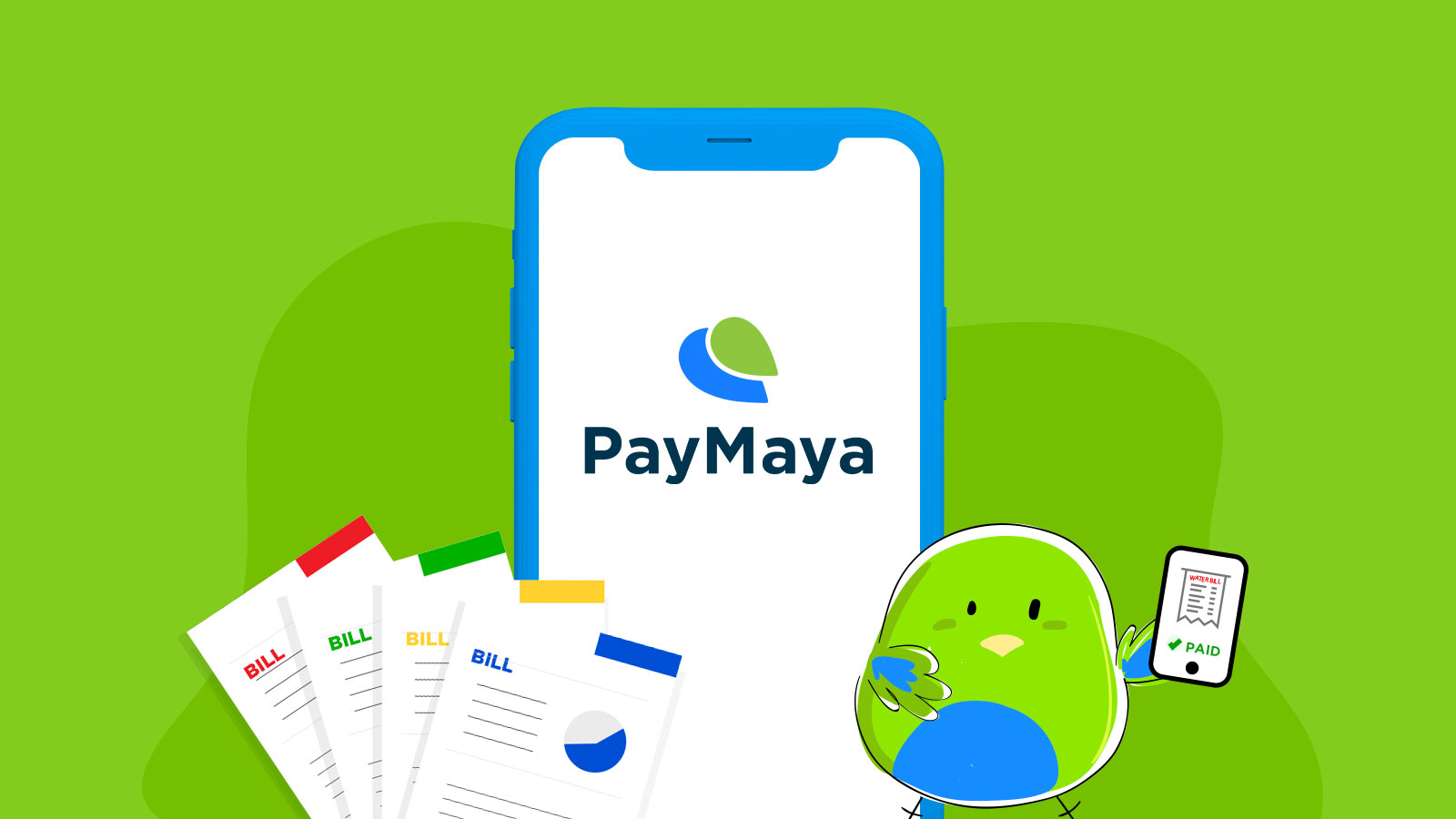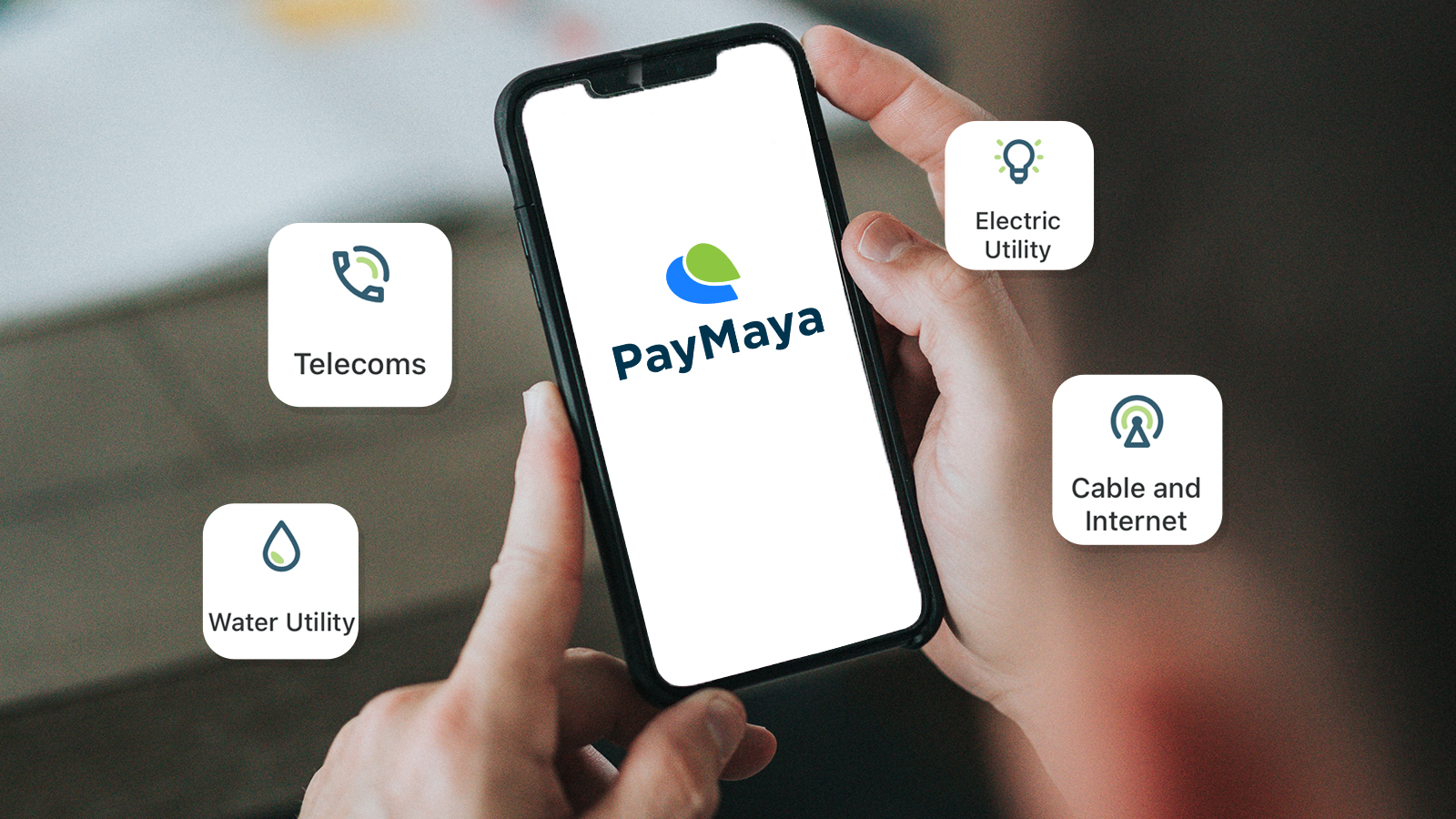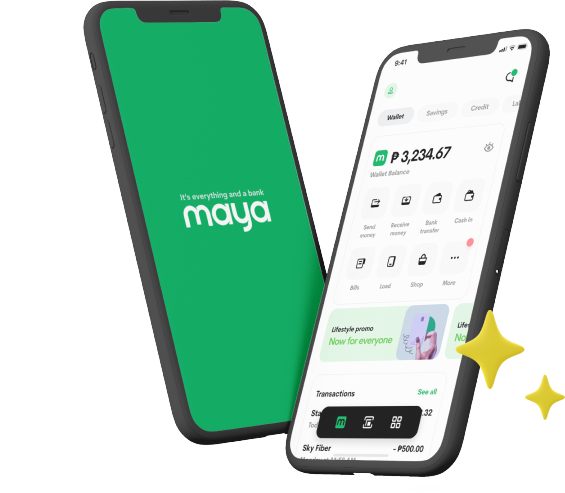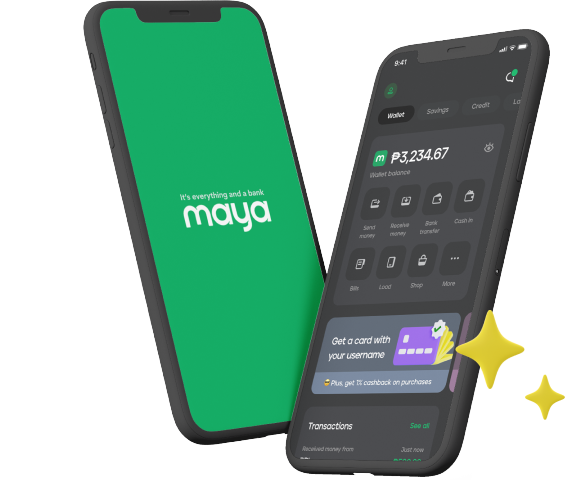
It’s easy to overlook bills or miss payment deadlines, especially when you’re juggling work, family, and other commitments. However, consistently forgetting or delaying payments can have long-term consequences on your financial health. Missing bill due dates can lead to late fees, interest charges, and even damage to your credit score, which can affect your ability to secure loans or credit in the future. Over time, these small oversights can add up, creating unnecessary financial stress and making it harder to manage your finances effectively.
This is why staying on top of your bills is so important. Making bill management a regular habit helps you avoid these potential pitfalls and ensures that your finances remain stable. Fortunately, there are plenty of practical strategies that can help you stay organized and keep track of your payments.
In this article, we’ll explore effective ways to make sure you’re always on top of your bills so you can maintain a healthier financial life.
1. Review All Your Bills Regularly
The first step to effectively managing your bills is to review them regularly. It’s easy to lose track of what you’re paying for, especially when you have multiple bills coming from different service providers. Whether your bills are paper-based or digital, it’s crucial to check each one to ensure you’re being charged accurately.
With this in mind, take the time each month to go through your bills and compare them to previous statements to ensure there are no errors. Additionally, reviewing your bills regularly keeps you aware of your recurring expenses, allowing you to plan and budget more effectively.
2. Find the Best Way to Pay Your Bills
Once you've reviewed your bills, the next step is deciding how to pay them. In the Philippines, you have a variety of payment methods, and it’s important to choose the one that best suits your lifestyle. Some people prefer to pay their bills in person at payment centers, while others rely on digital platforms for greater convenience.
The rise of digital banking and e-wallet apps has made paying bills online easier and faster than ever. These digital platforms typically have online bills payment features that allow you to pay your bills any time of the day, which is perfect when you have a busy schedule. Opting to pay bills online can also help you manage your funds better and maximize any available benefits afforded by your bank.
If you have a Maya Savings account, for example, consider taking advantage of the bills payment promo, wherein you can boost your savings account’s interest rate to up to 15% p.a. simply by using Maya to pay your bills and to complete other important transactions such as buying mobile load, paying for your online orders, and others. Additionally, Maya’s Bills Pay feature allows you to pay all types of bills, from credit cards and utilities, government fees and insurance payments. This means you won’t have to go to different banks or payment centers to settle your payments. Moreover, you can set up bill payment reminders to ensure you don’t miss payment deadlines.
3. Create a Billing Schedule
Another way to stay on top of your bills is by creating a billing schedule. A billing schedule helps you track when payments are due, so you can plan accordingly and avoid late payments. The key to managing multiple bills is knowing when each bill is due and setting aside time to pay it. You can map out your billing schedule by recording the due dates of all your bills in a calendar, whether it’s a physical planner or an app on your phone.
If you receive bills at different times each month, setting reminders at least a week before the due date will help ensure you’re always prepared. Moreover, a billing schedule will help you stay organized and ensure that your cash flow remains steady, as you’ll know exactly how much money needs to be allocated each month for bill payments.
4. Evaluate Which Bill to Prioritize
When managing multiple bills, evaluating which ones to prioritize is crucial for staying organized and avoiding unnecessary financial consequences. Remember, not all bills carry the same urgency or consequences if they are not paid on time.
That said, categorize your bills into essential and nonessential. Essential bills include utilities, rent, and loan repayments. These are typically the highest priority, as missed payments can lead to service interruptions, late fees, or even legal consequences. So, it’s important to settle them on time. On the other hand, non-essential bills, such as subscription services or discretionary expenses, may offer more flexibility and grace periods before penalties are imposed. That said, settling the bill a bit later may not have a significant impact than the former.
5. Get to Know Your Billing Cycle
Understanding your billing cycle is another important step in staying on top of your bills. Each service provider or utility company follows its own billing cycle, which typically spans a month or more. Some bills may arrive at the beginning of the month, while others may be issued towards the middle or end. Once you understand when your bills are due and learn your billing cycles, you can avoid surprises and ensure that you’re prepared to make timely payments. It might also be possible to reschedule your billing cycle, depending on the service provider.
6. Confirm Whether Payments Went Through
After making a payment, it’s essential to confirm that your payment has been processed successfully. It’s easy to assume that a payment has gone through, but sometimes there are technical issues or glitches. To avoid potential late fees or service interruptions, always verify that your payment has been completed.
This means if you make a payment via online banking or an e-wallet, always check for transaction confirmation, either through email notification or your transaction history. Some service providers also send payment confirmations via email or SMS once you’ve settled your bill. Maya processes, for example, are completed in real time, so you should expect to receive prompt notifications or recordings of your transactions, if you made any. If you’re unsure whether your payment was processed, follow up with the provider to ensure there are no issues.
Staying on top of your bills doesn’t have to be overwhelming. With these strategies in place, you’ll be able to reduce stress, avoid penalties, and keep your finances organized. So, take the time to implement these strategies today, and you'll soon find that managing your bills becomes a seamless and manageable part of your routine.
You might also like
These Stories on Bills Payment




